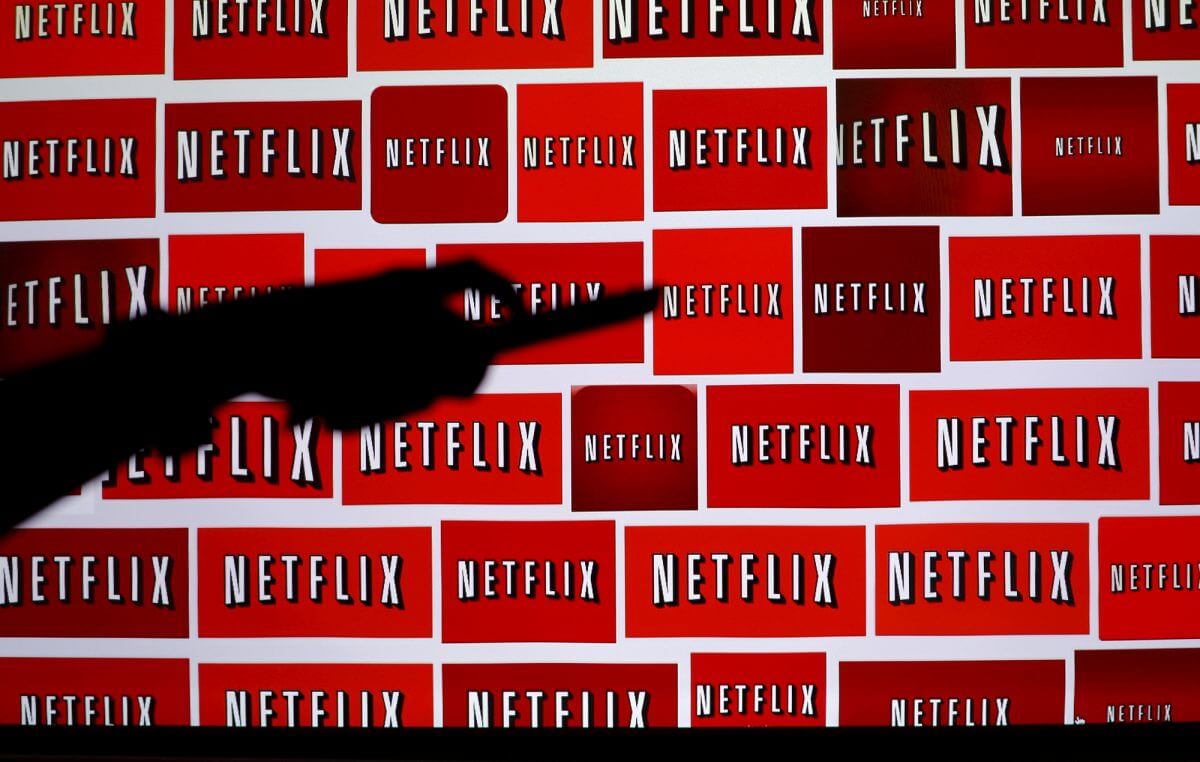
Netflix’s leadership pace is under attack as new competitors enter the video streaming market. Is a paid advertising option the way to go? | Image: REUTERS / Mike Blake / File Photo
- Netflix releases Q4 and full year financial results on January 21, the first set of results since Apple and Disney entered the video streaming fray.
- Growing competition requires a change of tact at Netflix.
- An ad-supported video streaming plan would come with risks but also opportunities that are hard to resist.
The list of Netflix (NASDAQ:NFLX) competitors keeps growing. On Thursday, Comcast Corporation’s (NASDAQ:CMCSA) NBCUniversal announced that its Peacock streaming service will go live beginning mid-April.
With Peacock’s ad-supported plan costing subscribers $4.99 a month, there’s strong evidence that the lower end of the market has yet to be addressed.
Source: Twitter
For Netflix, the plot has thickened. With its most basic plan in the U.S. costing $8.99 a month, the online streaming giant will have to reinvent itself if it’s to keep growing and avoid losing subscribers.
Here are three reasons why Netflix needs to include an ad-supported plan in its service offering.
1. Huge untapped market on the lower end
Just about every video streaming service announced within the last six months are priced below the cheapest Netflix plan. This includes Disney+ ($6.99) and Apple TV+ ($4.99).
This is evidence that there’s a huge untapped market. The Peacock streaming service for instance estimates to get between 30 million and 35 million subscribers by 2024. The best way for Netflix to compete for this market segment without hurting its bottom line is an ad-supported plan.
2. Netflix has the content that advertisers would pay a premium price for
One of the challenges that advertisers cite with regards to online video ads, especially on YouTube, is that with user-generated material brands can easily get tainted by dubious content. This is a problem Netflix doesn’t have as quality controls are in place just like with traditional TV.
Besides possessing content that advertisers would be happy to advertise on, Netflix has the numbers. Well, not the YouTube sort of figures but decent numbers nevertheless. As of the September quarter, Netflix had 158.4 million paid subscribers globally. Over 40% of these subscribers were based in the world’s most lucrative advertising market – U.S. and Canada.
3. It works
Having an ad-supported video streaming service would not be a new concept. Netflix rivals such as Hulu have successfully incorporated ads into their services. In 2018, Hulu reported that it generated $1.8 billion in ad revenues in 2018 from 19.6 million accounts.
Combined with the subscription fee this translates to annual average per subscriber revenues of approximately $83. This is below the $134 per U.S. subscriber that Netflix generated in 2018 but it’s a market segment that Netflix is otherwise not addressing. Analysts estimate that if Netflix rolled out an advertising platform, it would generate over $1 billion annually.
Source: Twitter
Introducing an ad-supported plan wouldn’t come without a risk for Netflix though. One of them is an ad-supported service stands to potentially cannibalize the existing more expensive plans. It would also require Netflix to invest in the necessary infrastructure required to sell ads such as a hiring a sales force.
The argument can also be made that selling ads is not Netflix’s forte. But Netflix has a strong record in innovation, having rewritten its story several times. After changing how people watch television shows and movies, Netflix now needs to change how it makes money.
Disclaimer: The opinions expressed in this article do not necessarily reflect the views of CCN.com.
This article was edited by Sam Bourgi.
Last modified: January 18, 2020 11:07 AM UTC






